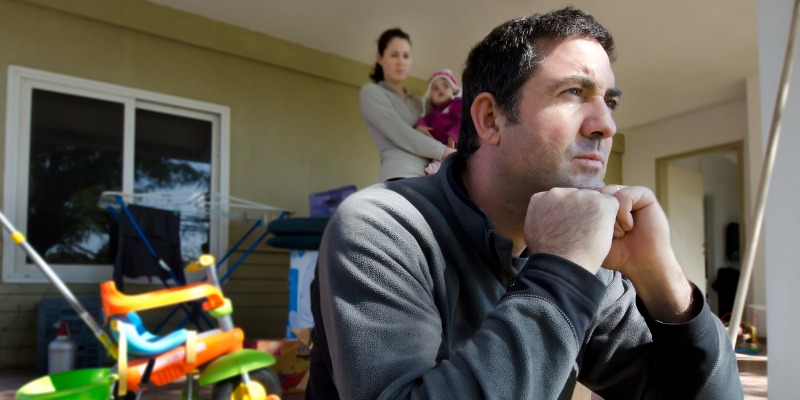Tax burden on New Brunswickers—high and rising

Tax Freedom Day is a concept that measures the total burden of government taxation on the average family. Each year, New Brunswickers pay income taxes, sales taxes, health taxes, payroll taxes, property taxes, fuel taxes and many other types of taxes. And while some of these taxes are visible, many are hidden.
To help clarify the situation, each year the Fraser Institute calculates Tax Freedom Day by totalling all taxes paid by New Brunswickers (federal, provincial and local) and comparing it to their total income, then multiplying the result by the number of days in the year. In other words, it’s the day each year when New Brunswickers can start working for themselves instead of the government.
This year Tax Freedom Day in New Brunswick fell on June 12—six days earlier than last year but still eight days later than the final pre-COVID Tax Freedom Day in 2019 (June 4). Even though the province maintained a strong fiscal policy through the pandemic by balancing the budget, slow income growth and high tax rates have kept the burden relatively high for New Brunswickers.
In 2023, we estimate the average family in New Brunswick (two or more people) earning $112,418 will pay $49,623 in total taxes—or 44.1 per cent of their income. So, in New Brunswick, if you paid all your taxes for 2023 up front, you would pay the government every dollar you earned until June 12. After working the first 162 days of the year for the government, you now get to work for yourself.
Adding to the challenge for New Brunswickers is slow income growth in comparison to the tax bill. Consider that since 2019 incomes have grown by 17 per cent while the tax bill has grown by 23 per cent (almost $10,000).
In its latest budget, the Higgs government indicated there would be a reduction to personal income taxes across all levels in 2023/24. These tax changes represent a step in the right direction, as New Brunswick’s personal income tax rates have been among the highest in North America. However, this year’s reductions aren’t enough to fully address the province’s high tax situation. Even with the reductions this year, tax rates on personal income remain high compared to other provinces and states. And business tax rates (14 per cent) are tied for the third-highest in Canada, a situation unchanged by this year’s budget.
The Fraser Institute also calculates a “balanced budget” Tax Freedom Day for New Brunswick to help appreciate the size of the debt burden—that is, if the federal government and the provincial government had to raise taxes today to balance their budgets (instead of financing their spending by borrowing) Tax Freedom Day in New Brunswick would fall six days later on June 18.
Tax Freedom Day helps New Brunswickers better understand the tax burden placed on them by all levels of government. While New Brunswick’s recent strong fiscal policy has helped the province make some progress on taxes, much more work remains.
Authors:
Subscribe to the Fraser Institute
Get the latest news from the Fraser Institute on the latest research studies, news and events.

